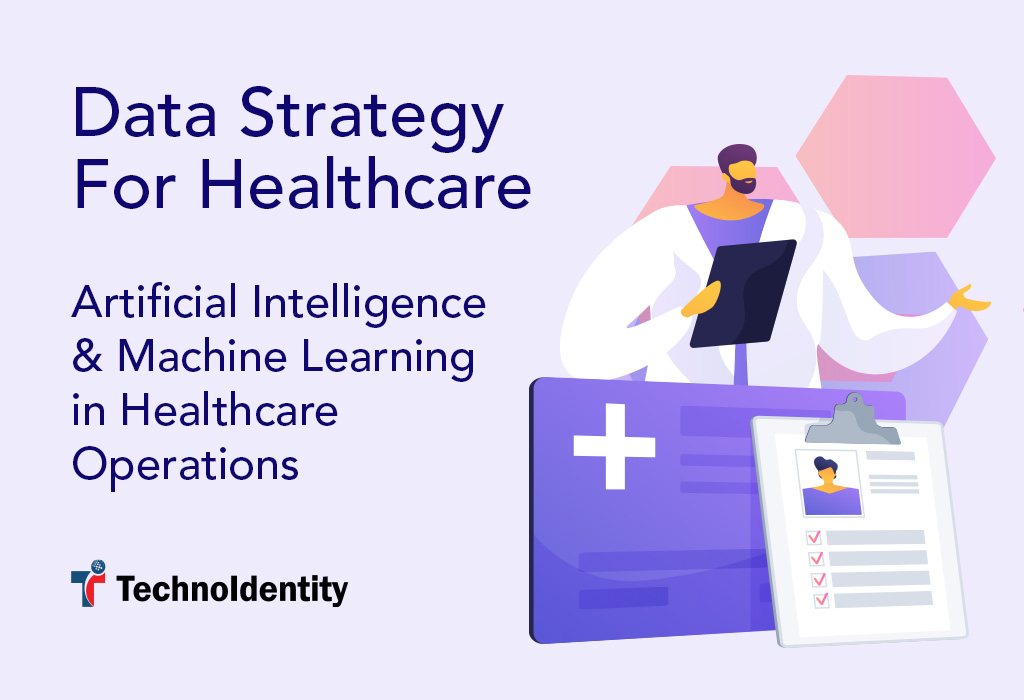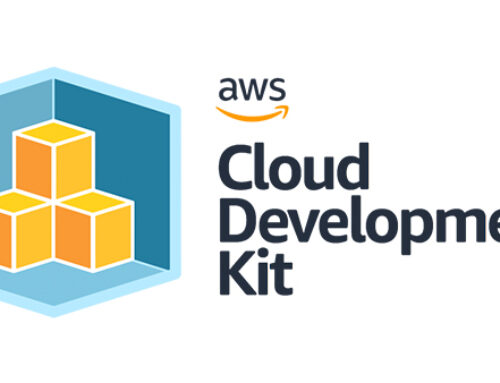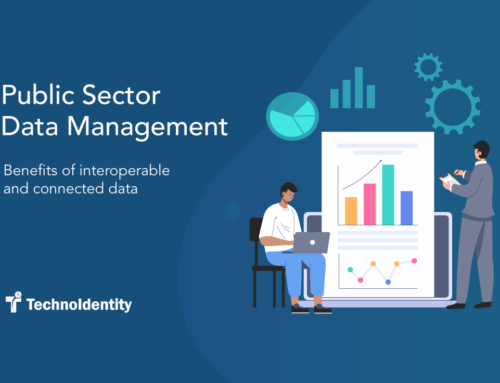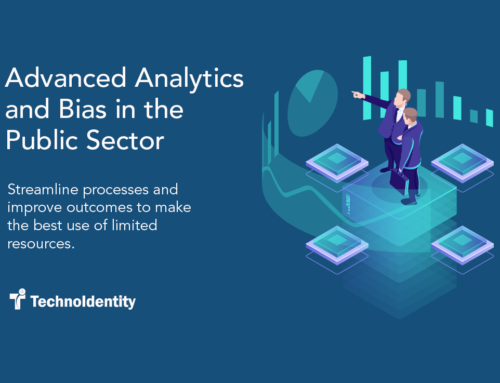
Data Strategy For Healthcare
Summary: COVID 19 outbreak has changed the healthcare industry in approach, practice, and operability. The industry that operates on real-world evidence and acute phase of the health crisis has led to technological advancements and arrangements, cohesively in public health departments, private healthcare organizations, and similar settings. The post summarizes how COVID has forced and helped the existing ecosystem to react efficiently to the changing demand and health dynamics.
In the post-COVID-19 era, the biggest challenge that the global healthcare sector is facing is improving the healthcare data handling strategy for providing better health services. Data is crucial, it is like new blood in the healthcare domain, so there must be policies in place on how the healthcare organization must handle and manage it.
It’s equally critical to ensure that these principles must address the data management challenges that the industry is facing today. On the other side, the healthcare department must be able to draw data across disparate resources to ensure that it delivers expressive health gains.
The post explains:
Data Sharing Dynamics in the COVID Era
The hit of Coronavirus across the continents underlines the need for consistent data sharing and building health data infrastructure that supports local, national and international feeds. Despite universal health crisis, health data sharing standards and transactional agreements do not prevail between organizations. It uniformly hampers the key infrastructure to match data sharing and data integration requirements for public health advancements.
Applying public health knowledge with technological solutions for transferring, integrating, and improving health is critical in a broader health ecosystem. To achieve a healthy, high-performing health data ecosystem, it is important to combine data from different public health departments, private healthcare provider organizations, and other settings. Private and public health entities may be in the position to explore and consume this data effectively. However, these settings lack the infrastructure necessary for integration of data sources and implementing data-driven knowledge or decisions essential to combat the pandemic.
The understanding of the disease evolves majorly from the local, regional, state and national data traced by healthcare provider organizations- both private and public. Not to mention, there are many information gaps since data is gathered across different public health repositories. Healthcare sector is transformed to efficiently tap their individual data repositories for extracting crucial data from their IT ecosystem such as admissions, transfers, discharge, through EHR (Electronic Health Records), supply chain and ERP (Enterprise Resource Planning).
Actionable Values from Cloud Computing
Since the pandemic hit the global boundaries, CTOs and CIOs are on the front foot to provide their valuable services and support. It can help them elevate their top-team support for accelerating the digital strategy in healthcare through Cloud technology. It is critically important to focus on digitization of the healthcare organizations, its distribution channels, as well as supply chain, since they need to move faster in a more efficient way than they are now.
Cloud enablement will help healthcare provider organizations to collaborate data resources and retrieve critical data whenever required. It will also help intact information across various resources and gaining actionable insights from changing dynamics. Unquestionably, healthcare can delve Cloud infrastructure to establish a sustainable ecosystem that helps to exploit resources at speed, accuracy, efficiency, and agility.
Establishing EHR for Comprehensive Data Storage
Pandemic has raised alerts in many areas of health systems and it is pushing the healthcare to take transformational steps that must have initiated years ago. Implementing and exploiting EHR systems in both public and private healthcare systems is the call of the hour as these systems are designed to protect the privacy and integrity of patient data. Healthcare systems need to evolve drastically as it’s just not about integrating technology, but training staff about the same to exploit it to the maximum.
Implementing the right EHR system is critical that helps co-op with the dearth of information by providing access to vast data-driven dynamics. In today’s scenario, the entire medical community is pondering between staying up-to-date with the latest information on vaccines and treatments, tracking outbreaks, monitoring patient health, analyzing how each patient is recovering, documenting new symptoms, and much more. Existing EHR systems are reasonably good at record-keeping, but they need to evolve to help healthcare provider in planning the outcome of treatment.
Restoring Healthcare Supply Chain Management
Post COVID-19 pandemic, the healthcare supply chain needs to restore and elevate for efficient, cost-effective, quick operability. COVID 19 has taught many new lessons to the world, mainly to the healthcare service provider organizations, one of which is that the existing healthcare ecosystem is not ready to handle such massive waves of demand for PPE (Personal Protective Equipment).
Many would agree with the fact that the pre-pandemic healthcare supply chain was below standards. The rise of pandemic exposed the broken infrastructure, operating models, and weaknesses in delivering supplies to the front line along with the need to maintain financial stability. It’s equally important to develop better inventory visibility and management system across the public, private healthcare ecosystem.
Final Verdict
When it comes to healthcare, a massive transformational shift can be seen in the way the health provider organizations use to operate pre-pandemic. Sudden outbreak has evolved the industry in many positive ways and the healthcare providers have started to realize the need for technological transformation. Adopting new treatments, along with the integration of artificial intelligence and machine learning in healthcare operations will lead to the creation of universal data sets which will help elevate the health services.


